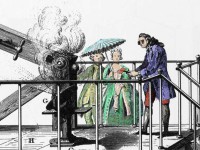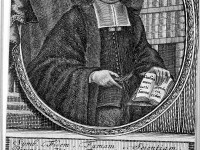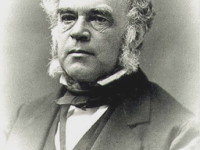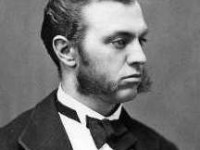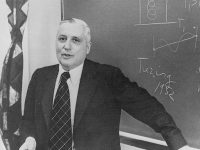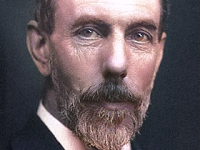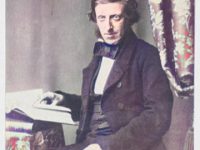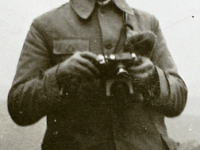Antoine Lavoisier’s Theory of Combustion
On Nov 1, 1772, French chemist Antoine Lavoisier [1] reported in a note to the Secretary of the French Academy of Sciences about the role of “air” in the combustion process. It required five more years of experiments, before in 1777, Lavoisier was ready to propose a new theory of combustion that excluded phlogiston,[4] which according to the prevailing theories of the time was part of every matter and responsible for the combustion process.…
Read more

